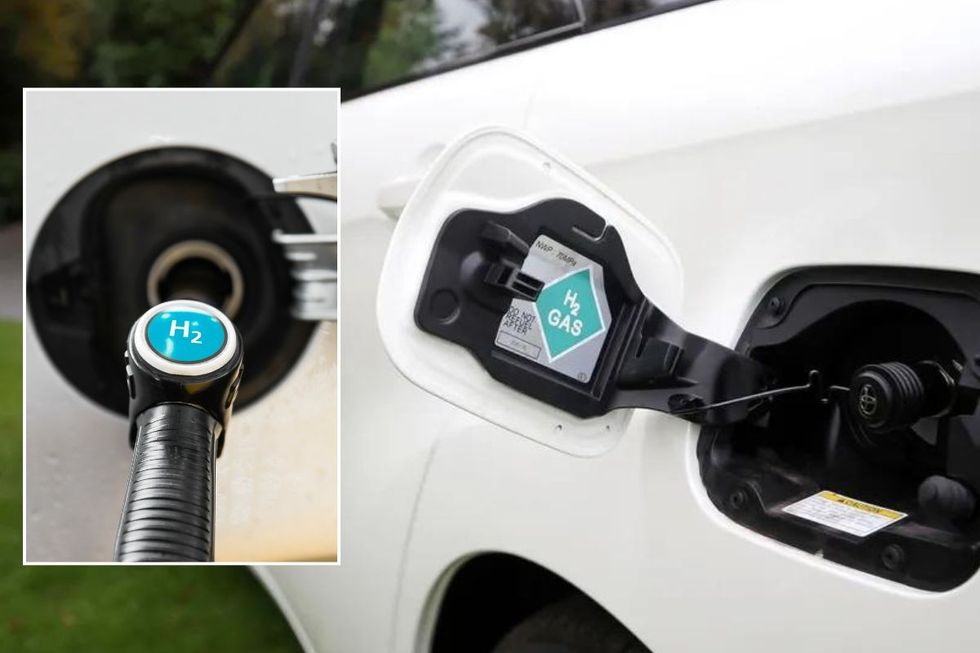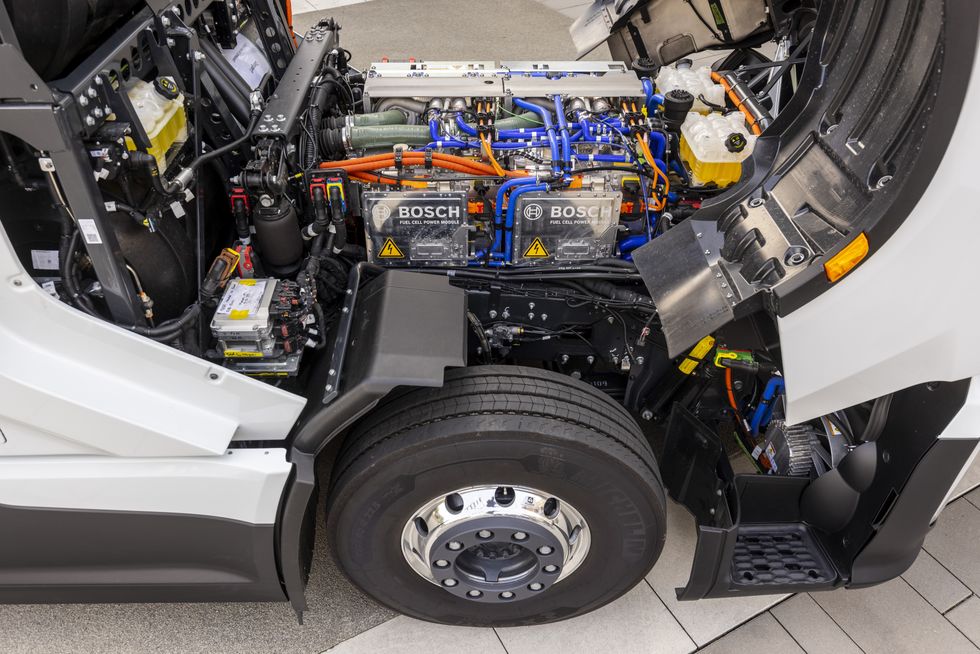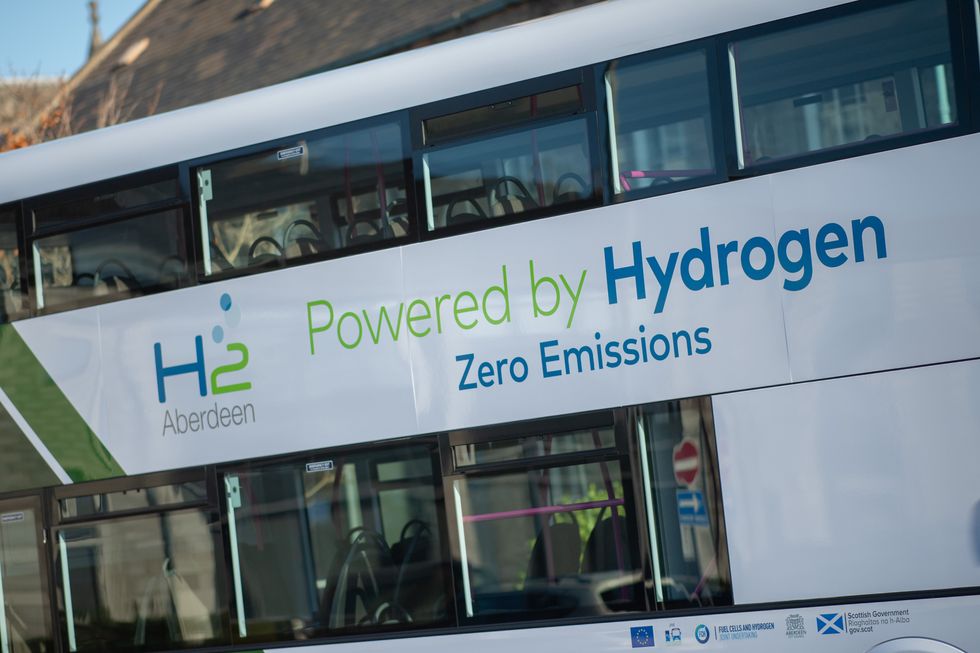Hydrogen combustion engines could help UK 'reach its net zero ambitions' alongside electric cars

'Hydrogen can decarbonise industries and boost our energy security – it should include heating as well as road traffic'
Don't Miss
Most Read
Experts have called on the Government to make changes to allow hydrogen to play a greater role in the move to decarbonise transport.
Bosch UK and Ireland has issued a direct appeal to the UK Government to formally recognise hydrogen-powered internal combustion engines (H2-ICE) as low-emission technology.
The company argues that such recognition would unlock greater investment, particularly for sectors that are difficult to decarbonise, like heavy goods vehicles.
"There is further potential for the UK to reach its net zero ambitions, particularly around the opportunities that hydrogen presents," said Managing Director Steffen Hoffmann.
Do you have a story you'd like to share? Get in touch by emailing motoring@gbnews.uk

Bosch called for more recognition of hydrogen fuel cell engines in reducing transport emissions
|GETTY
While welcoming recent revisions to the Zero Emission Vehicle (ZEV) mandate, Hoffmann suggested more could be done to support technology-neutral pathways.
Bosch has already made significant investments in H2-ICE technology for commercial and industrial applications, including components for large engines and systems integration across its Mobility division.
Bosch UK and Ireland has recorded £3.3billion in consolidated sales for 2024, demonstrating what Hoffmann called "remarkable resilience" in the face of economic headwinds.
This performance positions the region as Bosch's fourth largest globally by revenue, behind only Germany, China, and the US.

The Bosch hydrogen fuel cell engine is already used in some large lorries
|BOSCH
The company maintains a significant presence across the UK and Ireland with over 6,300 employees distributed across 30 sites, including Worcester Bosch, Bosch Rexroth in Scotland, and an advanced R&D centre in Limerick.
The company has positioned itself as a key player in the UK's hydrogen, AI, and mobility ecosystem despite challenging market conditions.
Bosch also welcomed recent efforts by the UK Government to improve trade relations with the EU, describing them as a "step in the right direction."
The strongest performance in Bosch's portfolio came from its Mobility Aftermarket division, which has continued its growth streak in the UK and Ireland for nearly a decade.
This trend reflects broader changes in vehicle ownership patterns, with more drivers keeping older vehicles on the road and seeking appropriate service solutions.
Bosch notes that its aftermarket network plays a crucial role in upskilling UK mechanics for both electric and combustion engine maintenance as part of the automotive transition.
Hoffman added: "Hydrogen can decarbonise industries and boost our energy security – it should include heating as well as road traffic."
Responses to the ZEV mandate consultation found that a significant portion of responses preferred a different approach to post-2030 requirements, including hydrogen fuel cells and low carbon fuels.
LATEST DEVELOPMENTS:
 Hydrogen vehicles are expected to be used more frequently in the future | GETTY
Hydrogen vehicles are expected to be used more frequently in the future | GETTYThe original ZEV mandate clarified that the Government recognised that infrastructure to support other types of ZEVs, such as hydrogen refuelling stations or battery swapping, "may also be developed and deployed to support the switch to zero emission motoring".











